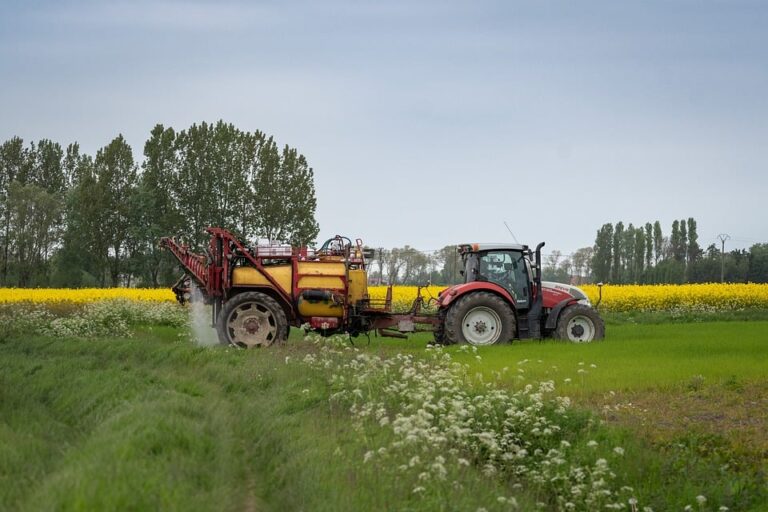The Influence of the Russian Orthodox Church in Early Russian Settlements
From the very beginning of Russian history, the Russian Orthodox Church had a significant impact on the development of early Russian settlements. As one of the oldest branches of Christianity, the Russian Orthodox Church played a crucial role in shaping the culture, society, and economy of early Russia. This article will explore the various ways in which the Russian Orthodox Church influenced early Russian settlements.
Spread of Christianity
One of the primary roles of the Russian Orthodox Church in early Russian settlements was the spread of Christianity. The Church was instrumental in converting the pagan tribes of Russia to Christianity, bringing a sense of unity and cohesion to the diverse population of early Russian settlements. The conversion to Christianity also helped to establish a common set of moral values and beliefs among the people, providing a sense of stability in the rapidly changing world of the early Russian settlements.
Establishment of Monasteries and Churches
The Russian Orthodox Church played a crucial role in the establishment of monasteries and churches in early Russian settlements. Monasteries served as centers of religious life and learning, as well as economic and political power. Monks and nuns living in these monasteries played a significant role in the cultural and educational development of early Russian settlements, preserving and disseminating knowledge and traditions.
Churches, on the other hand, served as places of worship and community gathering. They were often the focal point of early Russian settlements, serving as a place for religious ceremonies, social events, and public gatherings. The construction of churches also helped to solidify the presence of the Russian Orthodox Church in the lives of the people living in early Russian settlements.
Education and Literacy
The Russian Orthodox Church also played a crucial role in the education and literacy of the people living in early Russian settlements. Monasteries and churches served as centers of learning, where monks and nuns taught the population how to read and write, as well as providing instruction in various academic subjects. The Church played a key role in the preservation and dissemination of knowledge and culture, ensuring that the people living in early Russian settlements were educated and informed.
Political Influence
Another important role of the Russian Orthodox Church in early Russian settlements was its political influence. The Church held significant sway over the political affairs of Russia, with the clergy often playing key roles in advising and guiding the rulers of early Russian settlements. The Church’s influence extended to matters of statecraft, diplomacy, and governance, shaping the political landscape of early Russia.
Furthermore, the Russian Orthodox Church played a crucial role in the legitimization of political power in early Russian settlements. The Church provided a sense of divine approval and legitimacy to the rulers of Russia, reinforcing their authority and ensuring the obedience of their subjects. The close relationship between the Church and the ruling elite helped to maintain political stability and order in early Russian settlements.
Social Welfare and Charity
In addition to its spiritual and political influence, the Russian Orthodox Church also played a crucial role in social welfare and charity in early Russian settlements. Monasteries and churches served as centers of care for the sick, the poor, and the needy, providing food, shelter, and medical assistance to those in need. The Church also established orphanages, hospitals, and schools, contributing to the well-being and development of the people living in early Russian settlements.
Preservation of Culture and Traditions
Finally, the Russian Orthodox Church played a crucial role in the preservation of the culture and traditions of early Russian settlements. The Church was instrumental in preserving and disseminating the religious, artistic, and literary heritage of Russia, ensuring that the cultural identity of the Russian people was maintained and celebrated. The Church’s role in preserving the language, music, art, and literature of Russia helped to create a sense of national pride and identity among the people living in early Russian settlements.
Conclusion
The Russian Orthodox Church played a crucial role in the development of early Russian settlements, shaping the culture, society, and economy of Russia in profound ways. From the spread of Christianity to the establishment of monasteries and churches, from education and literacy to political influence, social welfare, and charity, the Church’s impact on early Russian settlements was far-reaching and enduring. The Russian Orthodox Church contributed to the stability, order, and prosperity of early Russian settlements, providing a sense of unity and cohesion to the diverse population of Russia. The Church’s role in preserving the culture and traditions of Russia helped to create a sense of national identity and pride among the people living in early Russian settlements. Overall, the Russian Orthodox Church played a vital role in shaping the history and development of early Russia and its settlements.





